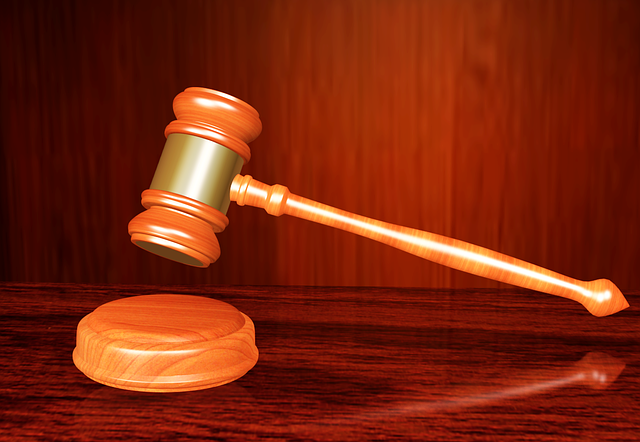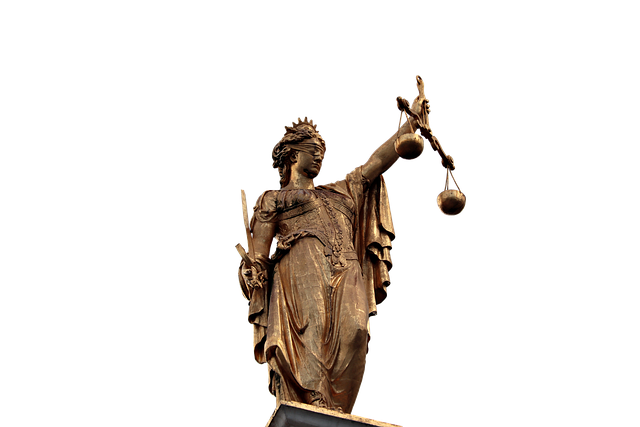In the intricate field of finance crime investigations, understanding legal complexities is crucial. Entities must employ strategic white-collar defense tactics, including stringent record-keeping and transparent communication, to counter false accusations. Misconceptions about defense options can be addressed by gathering thorough evidence, documenting transactions meticulously, and fostering open communication. Building robust internal controls, staying ahead of regulatory changes, and learning from case studies are key to Building a Defense Against False Accusations, ensuring compliance, trust, and transparency in financial investigations.
In the intricate world of finance, crime probes pose significant challenges, demanding a deep understanding of both legal intricacies and operational complexities. This article delves into the multifaceted landscape of finance crime investigations, exploring common misconceptions that often lead to false accusations. We provide strategic insights on building a robust defense, focusing on internal controls and compliance as key components in mitigating risks. Through real-world case studies, we illuminate valuable lessons learned, emphasizing the importance of proactive measures in safeguarding against unfounded allegations.
- Understanding Finance Crime Probes: Uncovering the Complexities
- Common Misconceptions and How to Build a Robust Defense
- Strategies for Effective Internal Controls and Compliance
- Case Studies: Lessons Learned from Real-World Scenarios
Understanding Finance Crime Probes: Uncovering the Complexities

In the intricate world of finance crime probes, understanding the complexities is paramount for individuals and entities facing scrutiny. These investigations delve into the financial activities and transactions of businesses and individuals, often revealing intricate web of alleged fraudulent practices. The focus isn’t merely on identifying wrongdoings but also on navigating legal nuances and building a robust defense against false accusations. It’s crucial to recognize that finance crime probes can be highly complex, involving sophisticated schemes and intricate financial structures designed to hide illicit activities.
As high-stakes cases unfold, those under investigation must prioritize effective white collar defense strategies. Avoiding indictment hinges on meticulous record-keeping, transparent communication, and proactive legal counsel. By staying ahead of regulatory requirements and maintaining robust internal controls, entities can fortify their defenses against potential false accusations, ensuring fairness and integrity throughout the probe process.
Common Misconceptions and How to Build a Robust Defense

Many individuals accused of white-collar or economic crimes hold misconceptions about their defense options, often due to a lack of understanding of the legal system. This can be especially true in complex cases where accusations span across various sectors, including the philanthropic and political communities. A common misperception is that these investigations are cut and dry, with clear-cut guilty parties. However, building a robust defense requires a nuanced approach. It involves gathering thorough evidence, documenting every transaction, and meticulously reviewing the facts to ensure no assumptions or errors have been made.
To safeguard against false accusations, businesses and individuals must be proactive in their legal strategy. This includes implementing stringent internal controls, maintaining detailed records, and fostering open communication channels that encourage employees to report potential irregularities without fear of retaliation. By addressing these misconceptions head-on, one can construct a solid defense that respects the integrity of the respective business, philanthropic, and political communities while ensuring justice is served.
Strategies for Effective Internal Controls and Compliance

Establishing robust internal controls is a cornerstone of any organization’s defense against financial crime. By implementing strong segregation of duties, regular audits, and comprehensive training programs, companies can create multiple layers of protection. This makes it significantly more difficult for fraudulent activities to go unnoticed or unchallenged, thereby building a solid defense against false accusations.
A key aspect of compliance is staying ahead of regulatory changes and industry best practices. Organizations should maintain up-to-date policies and procedures that align with relevant laws and regulations. Regular reviews and updates ensure these measures remain effective throughout all stages of the investigative and enforcement process, providing a robust general criminal defense for his clients. This proactive approach not only helps in avoiding legal pitfalls but also fosters trust and transparency among stakeholders.
Case Studies: Lessons Learned from Real-World Scenarios

In the realm of finance crime probes, case studies serve as invaluable tools for learning and improvement. By examining real-world scenarios, investigators and legal professionals can uncover crucial insights into navigating complex financial fraud cases. These studies highlight the importance of meticulous documentation, robust internal controls, and proactive risk management strategies in building a defense against false accusations. For instance, successful outcomes in high-profile jury trials have often been attributed to thorough investigations that uncovered subtle but significant anomalies.
Lessons from these case studies extend beyond individual instances, providing guidance for enhancing overall compliance frameworks. Understanding the methods employed by perpetrators helps in refining detection mechanisms and prevention strategies within respective businesses. This proactive approach ensures that financial institutions are better equipped to safeguard themselves and their clients from potential fraud, fostering a more secure and transparent environment.
In navigating the intricate landscape of finance crime probes, understanding the complexities and dispelling common misconceptions are pivotal steps in building a robust defense. The strategies for internal controls and compliance outlined in this article serve as tools to fortify your organization’s defenses against false accusations. By studying real-world case studies, professionals can glean valuable insights into effective practices and learn from the experiences of others. Ultimately, staying informed, proactive, and adaptive is key to successfully managing these investigations and ensuring the longevity and reputation of your business.






